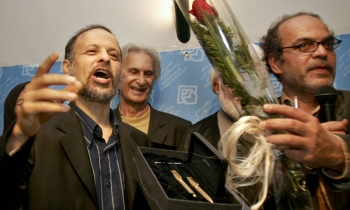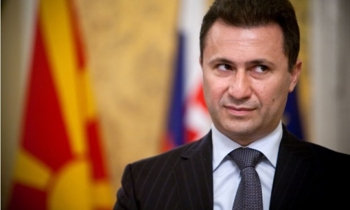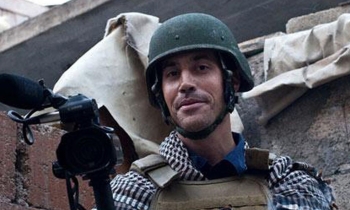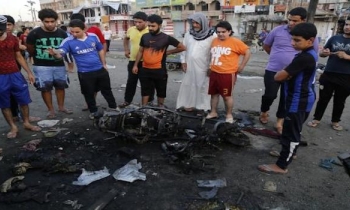Russian President Vladimir Putin has signed into law a package of amendments that expand the definition of extremism to include public discussion of such activity, and give law enforcement officials broad authority to suspend media outlets that do not comply with the new restrictions, according to local press reports. The package, promoted by deputies with the ruling United Russia party, was approved by both houses of Parliament this month despite concerns from local and international press freedom groups. The measures are due to take effect in 90 days.
Ostensibly designed to fight extremism — including the growing nationalist and neo-Nazi movements — the new measures would have the effect of muzzling critical voices, according to the Committee to Protect Journalists (CPJ). The development is of special concern as it occurs in the run-up to parliamentary and presidential elections scheduled to take place in the next eight months.
"President Putin has added yet another weapon to his arsenal of restrictive press laws," said CPJ Executive Director Joel Simon. "These latest amendments are couched in such vague language that 'extremism' becomes a catchall term that can be used to silence any critic."
Reporters sans Frontières (RSF) voiced “great concen†as President Putin July 26 signed into law amendments strengthening measures to crack down on “extremism†two weeks after parliament approved them. “We deplore this move,†RSF said. “We hope the law will be changed and have appealed to the president to see this is done.â€
This is the second set of amendments focusing on "extremism" to be adopted in Russia since mid-2006. Amid domestic and international criticism, Putin signed amendments in July 2006 that broadened the definition of extremism to include media criticism of state officials. As with the 2006 bill, the new set of amendments was approved quickly despite concerns from media, human rights, and political opposition groups.
Amendments to the Law on Fighting Extremist Activity require news media to label as "extremist" in their reports any organisation that the government has banned as such. Another amendment expands the definition of extremist activity to include "public justification of terrorism or other terrorist activity." The bill does not define the term "justification," leaving critics to suggest that it will be interpreted very broadly.
Other amendments regulate the production and distribution of "extremist" material, without specifying what constitutes such material, and introduce new penalties for journalists, media outlets and printers found guilty of the offense. Penalties range from fines and confiscation of production equipment, to the outright suspension of media outlets for up to 90 days.
Amendments to Russia's Criminal Code expand the definition of extremism as a crime motivated by "hatred or hostility toward a certain social group" without clarifying the term "social group." Such broad language could prevent media from reporting on public officials or powerful businessmen, analysts said.
An amendment to the Law on Surveillance gives officials broader grounds to tap telephones. Under the amendment, court approval for phone taps may be obtained for suspected crimes as minor as hooliganism. Critics say this new bill gives a legal carte blanche to authorities to eavesdrop on their opponents, including critical reporters.
“The intelligence services would also be free to tap the phone calls of persons suspected of extremism,†RSF said. “It gives them a free hand to act, without concern for the right to privacy. The bill also bans the dissemination of news and information about NGOs and other groups whose activity is restricted under the July 2002 law on combatting extremism.â€
In May, CPJ named Russia one of the world's worst backsliders on press freedom.









